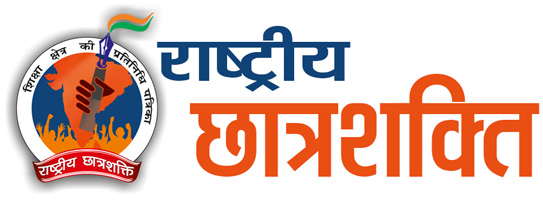“The transformation of the city is happy,The beauty that is here is due to the power of women”
International Women’s Day is celebrated all over the world on 8 March, congratulations and best wishes to everyone on International Women’s Day. The question comes in our mind that how and who started International Women’s Day? In 1910, a woman named Clara Jetkin laid the foundation of International Women’s Day. International Women’s Day, or Women’s Day, originated from the workers’ movement, which was later recognized by the United Nations as an annual celebration. India’s National Women’s Day. Many people are confused about National Women’s Day that it happens on 8 March but International Women’s Day is on 8 March. Although in India this day is celebrated in February. There is a special reason for celebrating National Women’s Day today in February. This reason is related to India’s main woman freedom fighter. We are talking about Sarojini Naidu, the nightingale of India. National Women’s Day has a deep connection with Sarojini Naidu. Sarojini Naidu is a prominent freedom fighter and poet of India. Not only this, she has also been the first woman governor of independent India. Women have always been worshiped as goddesses in India, but the writers of history have shown India as a country that suppresses women and suppresses their rights. If we look in historical contexts, we find that in the Vedic period, women got the opportunity to study and they had many types of rights. In ancient India, women enjoyed equal status with men in all walks of life. Ancient Indian grammarians like Patanjali and Katyayana say that women were given education during the Vedic period. The Rigvedic texts suggest that women were married at a mature age and probably had the freedom to choose their husbands. Texts such as the Rigveda and the Upanipadas speak of many female sages and sages, notable among whom are Gargi and Maitreyi. There has always been no discrimination regarding women and their rights in India, although when foreign invaders started attacking India, the purdah system also started. Razia Sultan became the only female empress to rule Delhi. The Gond queen Durgavati ruled for fifteen years before she lost her life fighting Asaf Khan, a general of the Mughal emperor Akbar in 1564. Jijabai, the mother of the Maratha warrior Shivaji, was respected for her ability as a warrior and an administrator. Is. In South India many women ruled villages, cities and districts and started social and religious institutions. There were also many female saints in the medieval period, among whom Meerabai and Sufi Lal Ded were one of the most important faces of the Bhakti movement. Queen Chennamma of the princely state of Kittur in Karnataka led an armed rebellion against the British. Queen Abbakka Rani of coastal Karnataka led the defense against invading European armies, notably the Portuguese, in the 46th century. Rani Lakshmi Bai of Jhansi raised the flag of the Revolt of 1857 against the British. Today she is considered as a national heroine. The co-ruler of Awadh, Begum Hazrat Mahal, was another regent, Rani Ishwari Devi Chauhan, who led the Revolt of 1857. She refused to bargain with the British and later went to Nepal. Savitribai Phule, Tarabai Shinde, Pandita Ramabai etc helped in achieving the objective of women empowerment during the British rule. Chandramukhi Basu. Kadambini Ganguly and Anandi Gopal Joshi some She was among the first Indian women to earn academic degrees. Women played an important role in India’s freedom struggle. Madam Bhikaji Cama Annie Besant, Pratilata Wadekar, Vijayalakshmi Pandit, Rajkumari Amrit Kaur, Muthulakshmi Reddy, Durgabai Deshmukh, Aruna Asaf Ali, Sucheta Kriplani and Kasturba Gandhi are some of the famous freedom fighters. The Rani of Jhansi Regiment of Subhash Chandra Bose’s Indian National Army had only one women’s battalion under the leadership of Captain Lakshmi Sehgal.







